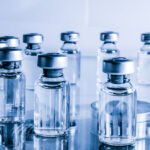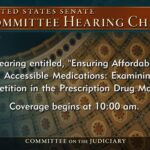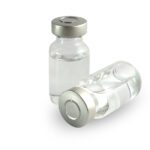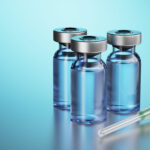New Report Shows Brand Drug Product Hopping Costs Billions for Patients and Healthcare System Each Year
Alex Brill | Washington, DC
Today, Matrix Global Advisors (MGA) released a new report, “The Cost of Brand Drug Product Hopping,” commissioned by the Coalition for Affordable Prescription Drugs (CAPD). The report shows how product hopping, just one of the many anticompetitive tactics used by brand drug manufacturers to thwart generic competition and preserve monopoly profits, results in billions of dollars in higher drug costs for American patients. According to the report, just five instances of product hopping – for the brand drugs Prilosec, TriCor, Suboxone, Doryx, and Namenda – cost patients and the US healthcare system $4.7 billion annually.
Product hopping is when a brand drug company obtains longer exclusivity on a product by making a minor change in formulation – from a tablet to a capsule, for example – and works to move patients to the newer version of the same drug. This tactic circumvents generic competition for the original drug and allows brand firms to charge higher prices longer.
The MGA report concludes that ending this type of gamesmanship would facilitate substantially greater generic drug savings and reduce patients’ out-of-pocket costs.
“Product hopping creates quantifiable burdens on patients and the healthcare system, as generic savings cannot be realized if patients have been moved to a slightly different drug before generic competitors can enter the market,” said Alex Brill, the report’s author and CEO of MGA. “The five drugs highlighted in the report are not an exhaustive list of all instances of product hopping, but the report uses these high-profile examples to provide a tangible illustration of this anticompetitive strategy and its significant impact on patients and the healthcare system.”
There are several promising policy options that could help address product hopping, including authorizing the Federal Trade Commission to bring antitrust suits against brand companies for product hopping.
This report builds on an earlier report conducted by MGA and released by CAPD, “Gamesmanship and Other Barriers to Drug Competition,” which looked at the full swath of anticompetitive tactics that drug companies use to delay the entry of generic competition. The earlier report found that stopping these types of gamesmanship and accelerating generic entry would save the US healthcare system over $30 billion.
See the full report here.













